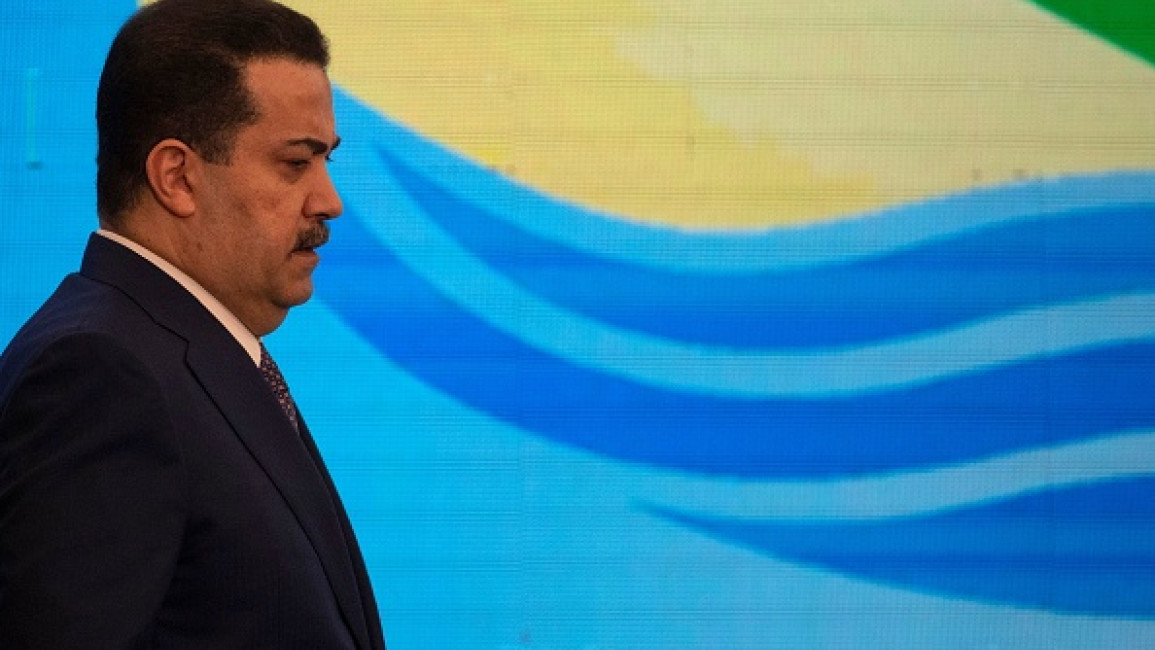Jordan's re-approval of Baath party sparks outrage in Iraq
Iraqi political parties have expressed indignation after the Baath party’s licence was renewed in neighbouring Jordan.
The Iraqi Islamic Al-Dawa party, which is the party of Prime Minister Mohammed Shia al-Sudani, expressed “shock and outrage” at Amman’s move.
Jordan’s Independent Electoral Commission on 14 May approved the political participation of 27 political parties, including the Arab Socialist Baath Party, after changes to its electoral law required all existing political groups to be re-licensed to resume political activities in the country.
Iraq's branch of the Baath party was led by Saddam Hussein and was banned in 2016.
"This decision is not consistent with the principles of good neighbourliness and does not respect the feelings of the vast majority of the Iraqis. Rather, it involves improper intentions towards Iraq and its stability, which will negatively affect the popular and political situation and put pressure towards revising the current relations with Jordan," Shafaq News quoted a statement from the Islamic Al-Dawa party on Wednesday.
Thousands of Iraqis on Twitter expressed their anger, with several Arabic hashtags trending, including "Cut Ties With Jordan", where users urged the Iraqi government to sever its relationship with its western neighbour.
سماح الأردن لحزب البعث الصدامي بالعمل السياسي على أرضه هو إعلان رسمي لتاريخ طويل من العداء الأردني للعراق، ذلك العداء المتمثل بإيواء البعثيين العراقيين المطلوبين للعدالة فضلاً عن التعامل الطائفي مع شيعة العراق رغم تمتع الأردن بمساعدات اقتصادية عراقية سخية#قطع_العلاقات_مع_الاردن
— احمد عبد السادة (@ahmadabdulsada) May 25, 2023
"Jordan's allowing Saddam's Baath Party to operate politically on its soil is an official declaration of a long history of Jordanian hostility to Iraq, that hostility represented by harbouring wanted Iraqi Baathists, as well as sectarian dealings with Iraqi Shiites, despite Jordan's enjoyment of generous Iraqi economic aid," tweeted journalist Ahmad Abdul Saada.
Saddam Hussein is remembered for committing mass atrocities during his 24 years in power.
He was accused of targeted political killings against his opponents, and also allegedly ordered massacres in multiple parts of Iraq.
Hussein was eventually toppled in a US-led invasion of Iraq in 2003, and later executed in 2006.



